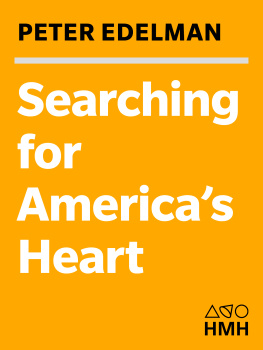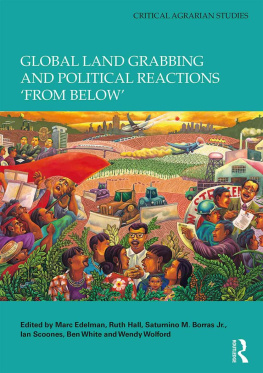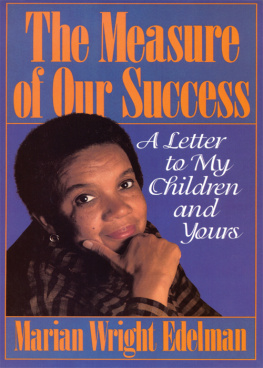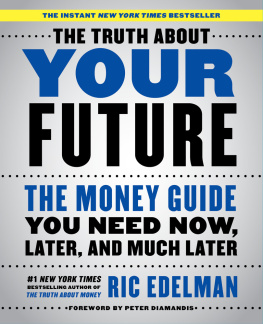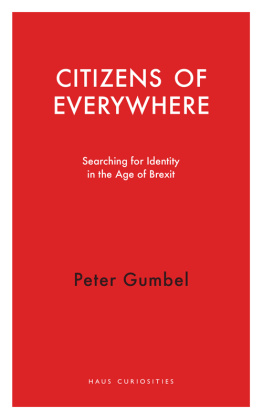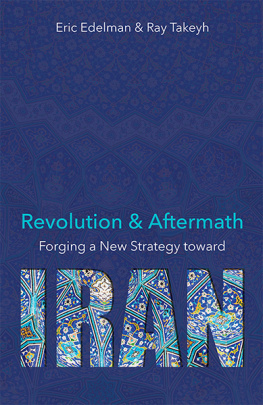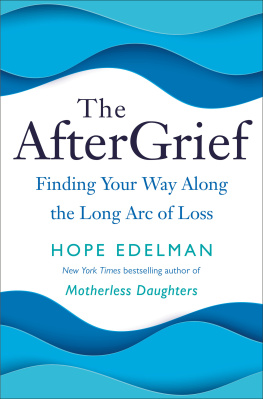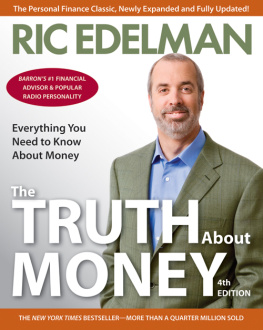Copyright 2001 by Peter Edelman
All rights reserved
For information about permission to reproduce selections from this book, write to or to Permissions, Houghton Mifflin Harcourt Publishing Company, 3 Park Avenue, 19th Floor, New York, New York 10016.
hmhbooks.com
The Library of Congress has cataloged the print edition as follows:
Edelman, Peter B.
Searching for Americas heart : RFK and the renewal of hope / Peter Edelman.
p. cm.
Includes index.
ISBN 0-395-89544-8
1. Poor childrenGovernment policyUnited States. 2. Kennedy, Robert F., 19251968. 3. Clinton, Bill, 1946 I. Title.
HV741.E34 2001
362.7'8'0973dc21 00-040804
e ISBN 978-0-547-56136-3
v3.0421
To the women, and their children,
who have been pushed to the edgeor beyond
and to Paul and Sheila Wellstone,
who stood up and spoke out for
the excluded and the powerless,
the battered and the afflicted
Acknowledgments
T HIS BOOK would not exist without Wendy Strothman, who, impelled by my resignation from the Clinton administration, suggested it. The marvelous coincidence was that it was the very idea I had in mind for a long time and never pursued. Wendy did a second terrific thing: assigning Eric Chinski to be my editor. Eric guided me through a process of turning a discursive draft into a finished product that could not have been what it is without his help. And then, at the end, Bill Whitworth was brought in for polishlike engaging Heifetz to give me violin lessons.
My wife, Marian, read the draft with loving care and gave me fabulous feedback, and our sonsJoshua, Jonah, and Ezrawere generous in taking the time to read and comment thoughtfully. Marian was wonderfully supportive through the whole endeavor. Then there were the friends who spent amazing amounts of time reading the book at various stages. Sam Smith, Dan Porterfield, and Elizabeth Drew were literally unbelievable in the amount of work they did, to say nothing of the major difference it made. I still dont understand how Paul Wellstone had the time to read an early draft and then sit with me going through it page by page. Michael Wald, Lee Schorr, Caitlin Halligan, Deepak Bhargava, Corey Washington, and David Birenbaum also read the whole manuscript and provided valuable advice. Bill Ayers, John Bouman, Prue Brown, Marv Hoffman, and Wendell Primus read portions and made useful suggestions. Thanks also to my agent, Esther Newberg, for all her help.
My research assistants, a substantial group by nowWataru Matsuyasu, Emily Johnson, Lisa Pritchard Bayley, Bill Lyons, and Candice Joneswere great. All of them worked hard and were fine colleagues in the effort. Lisa Pritchard Bayley was a special help, continuing to read successive drafts and make thoughtful comments long after she had stopped working for me.
Judy Areen, my colleague and dean at Georgetown University Law Center, helped materially with summer writing grants.
I especially cherish the help of the women who, struggling to cope in the wake of our national shift in welfare policy, took the time to tell me about their lives. I am also grateful for the time and conversations, some multiple, that so many people allowed me. The visits in Baltimore, Boston, Chicago, and New York were crucial. I talked, in person and by telephone, with dozens of peoplesome who played a role in the events of the sixties and since, and others who are involved now as advocates and organizers, experts and researchers, civic and political leaders, foundation and nonprofit executives, and, most important, people coping with poverty in their own lives.
Thank you to all of you who helped. I appreciate it more than I can say.
Introduction
O N AUGUST 22, 1996, President Bill Clinton signed, with great fanfare, a law radically restricting the aid America offers to poor families with childrena measure colloquially known as welfare reform. The event was the culmination of a backlash that had been growing for three decades, and reflected an even deeper change in Americans sense of communal responsibility and what it means to be an American. The long-building anger at some of our most powerless people had finally boiled overironically, on the watch of a Democratic president.
President Clinton buttressed his action with the words of Senator Robert F. Kennedy. Work, RFK had said, is the meaning of what this country is all about. We need it as individuals. We need to sense it in our fellow citizens. And we need it as a society and as a people.
I was then serving President Clinton as an assistant secretary of Health and Human Services, and had been Kennedys legislative assistant. I knew both men well. I knew what Kennedy envisioned was a national investment to assure that people actually had jobs. I knew that he also wanted to assure a decent measure of help for people unable to find work, and especially for their children. He wanted concrete help for all those having trouble getting by. He wanted to do something serious about poverty.
President Clinton hijacked RFKs words and twisted them totally. Instead of assuring jobs and a safety net, Clinton and the Republican Congress invited states to order people to work or else, even if there are no jobs, and with no regard for what happens to them or their children. In the postwelfare world, no cash help has to be offered to parents who fail to find work, even when they are wholly without fault. By signing the bill Clinton signaled acquiescence in the conservative premise that welfare is the problemthe source of a culture of irresponsible behavior.
President Clintons misuse of Robert Kennedys words highlighted a stark difference between the two young leaders. One pressed for social justice whenever he could. The other, originally projecting a commitment to renewing national idealism, ended up governing mainly according to the lowest common denominator. A proper invocation of RFK would have brought us full circle to a new commitment. Instead we completed a U-turn.
I have watched the changing course of our attitudes from close range. In a small way, I have continued the journey Robert Kennedy was not allowed to finish. I had been headed to Wall Street before I went to work for him, but after he was assassinated that path no longer seemed right for me. Newly married to my wonderful wife, Marian, with her own passion for justice, which has brought her from the civil rights movement in Mississippi to the Childrens Defense Fund, I decided to pursue my personal memorial to Robert Kennedy by carrying on in his spirit.
That my life should concern itself so much with the question of why we respond so unsatisfactorily to the poorest among us was unimaginable to me growing up in Minneapolis in the fifties. My father, whom I adored as a child, was a successful lawyer and a decent, community-spirited man, and my mother, who died of colon cancer when I was fifteen, was a smart, shy, musical woman who mistrusted country clubs and wealth. I had an instinctive but undeveloped liberalism derived from my fathers Democratic-Farmer-Labor Party politics and from being Jewish in a historically anti-Semitic city. I went to public school and Hebrew school and heard often about the great-grandfather for whom I was named, a great rabbi and mystical healer in Russia. I no doubt knew poor people in school, but I didnt know they were poor. In a city that was then 3 percent black, the only people of color I met were my fathers two black colleagues on the Mayors Council on Human Relations and the black student who transferred into the class behind me at West High School (and was soon elected class president).
My parents encouraged me to get good grades and play the clarinet. My father occasionally took me to hearings and community meetings, but he never stressed much of anything besides getting all As. (The clarinet part came from my mother.) I ran for student offices, but I think my main reason for doing so was to gain certification that I wasnt a nerd. When I went away to Harvard in 1954, my fathers only advice was not to join anything, it being the heyday of Senator Joseph McCarthy.


